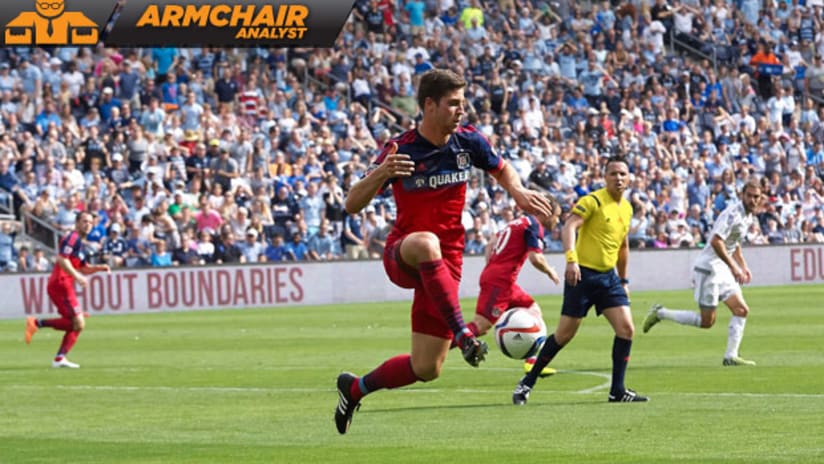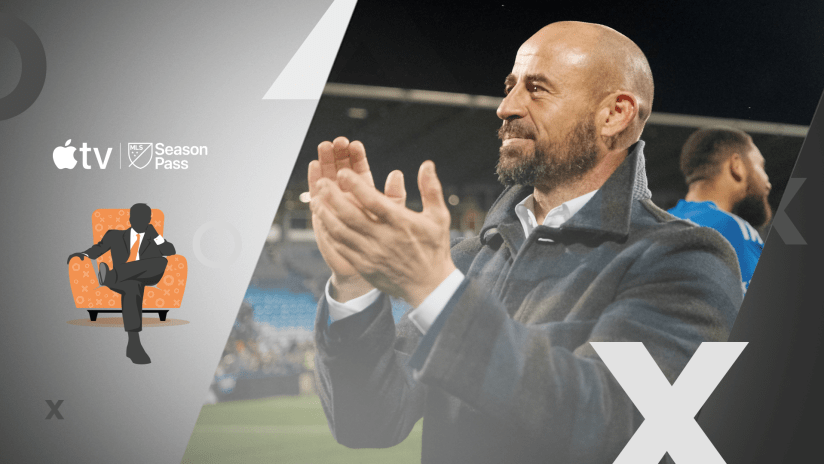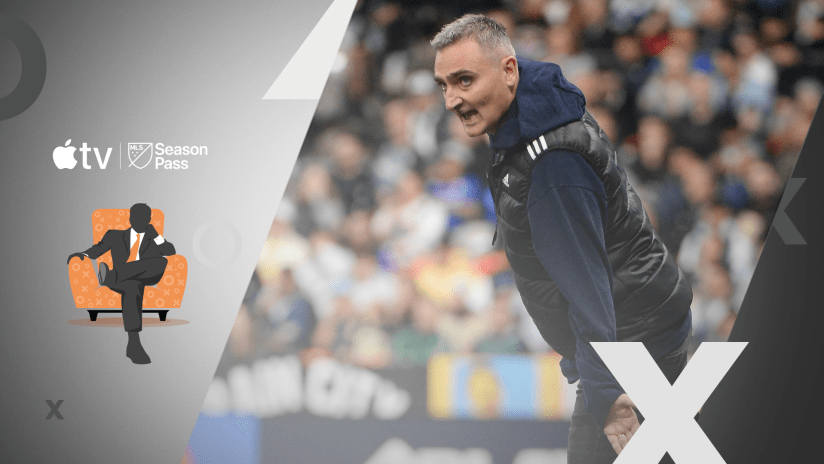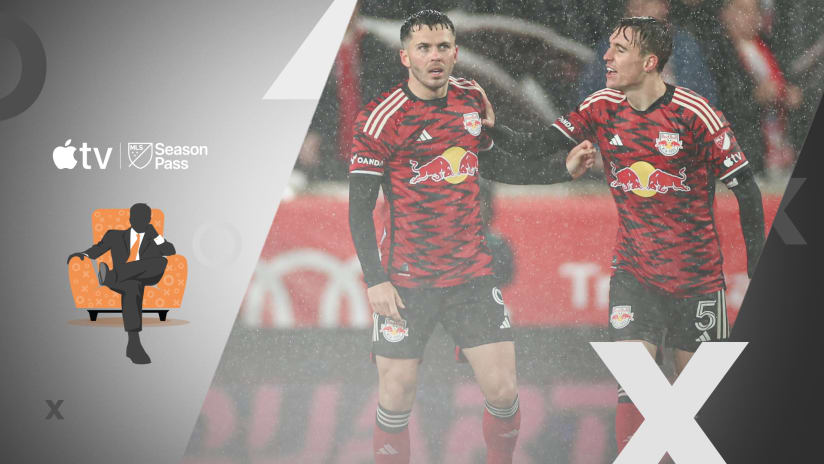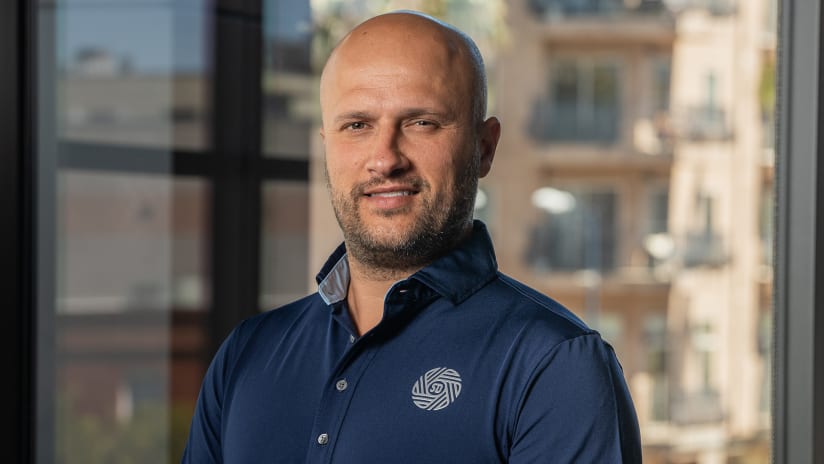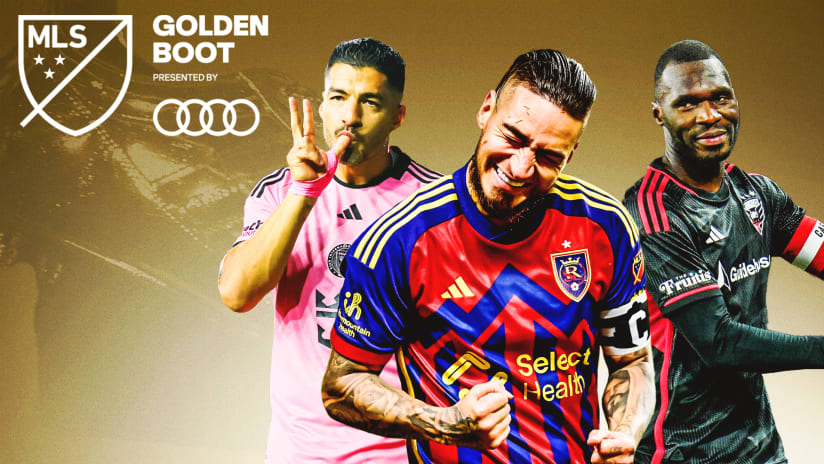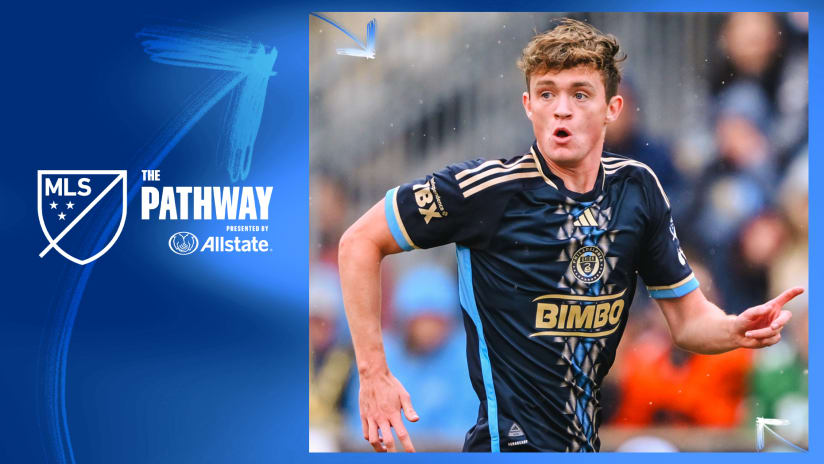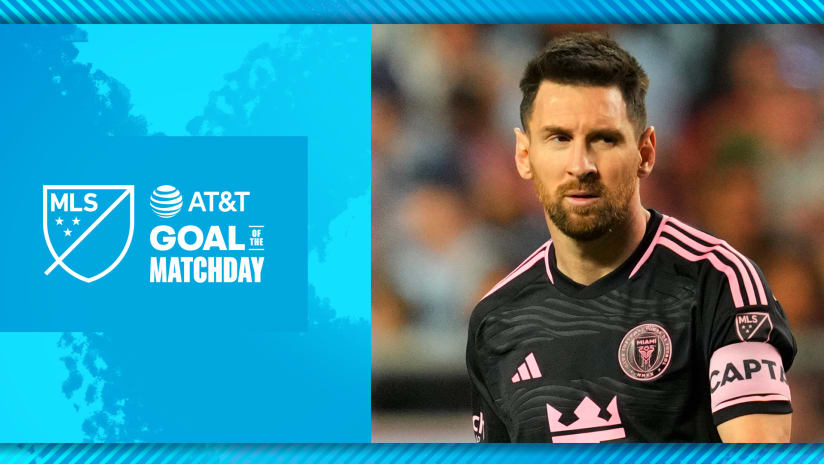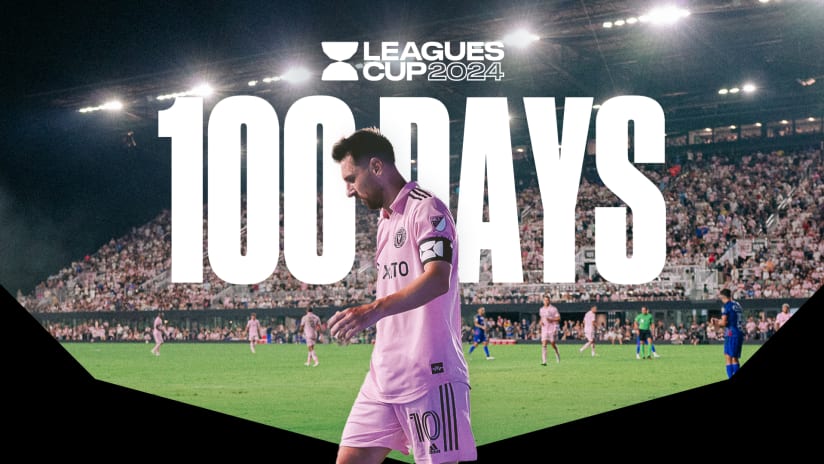As was mentioned at the end of the broadcast following RSL's 2-1 win at Chicago on Saturday afternoon, the Fire are now 0-5-0 against the Western Conference, and 3-0-0 against the East. This is a little bit of grist for the "conference imbalance!" mill, and something to bear in mind as the rest of the 2015 season plays itself out.
RSL used a 4-1-3-2 in this one, a formation that differs from their diamond of yesteryear in slight but meaningful ways. I'll break that down at a later date, assuming Jeff Cassar & Co. stick with this look (which, given stuff like THIS, they should).
For this column, though, I'm going to focus on the play of Fire midfielder Matt Polster, who is my early pick for Rookie of the Year:
1. Opening Up The Field
It used to be that defensive midfielders were asked only to do one thing: destroy the other guy's chances of building through Zone 14. But as the game has gotten faster and tactics more sophisticated, d-mids have found more responsibilities on their plate. High up on the list is the ability to switch the field of play, putting wingers and overlapping fullbacks into position to do damage, or at the very least force a significant shift in the opposing defeense.
Polster is already one of the best in MLS at this particular aspect of the game:
That type of understanding is Wil Trapp-esque. Of the cohort of young d-mids in MLS – Trapp, Perry Kitchen, Matias Laba, Scott Caldwell, Fatai Alashe and Amobi Okugo – only Trapp came into the league with that part of his game well-honed. Polster is now right there with him.
The other issue that clip shows (and THIS nearly identical one) is Polster's strength and comfort on the ball in traffic. If you're going to play in the middle of the field, you need that in your locker.
2. Field Coverage
A month ago we saw Polster, in the 92nd minute, help run down NYCFC's Khiry Shelton, strip him, and then start a counterattack in the other direction. It was an Ozzie Alonso-esque play.
Against RSL he did something similar to Jordan Allen, keeping his balance and stripping the RSL winger on the edge of the area:
The Fire were pretty desperately chasing the game at that point, sending both fullbacks way up the field (notice how right back Lovell Palmer isn't even in the picture?). In those sorts of situations, Polster has to have range, intelligence in his positioning and balance in his tackle – he basically can't go to ground on that play.
3. Positional Awareness & The Proper Role
All of the above is what Polster did well on Saturday. But he wasn't close to perfect, and a positional adjustment is (probably) why.
Polster played a box-to-box role against RSL, acting more as a No. 8 in what was an empty bucket 4-4-2 as opposed to the pure No. 6 that he actually is. Injuries and absences forced Frank Yallop into a formation change, and the Fire midfield suffered as a result. Polster struggled tracking Luis Gil on RSL's first goal, and was twice muscled off the ball in dangerous spots by back-pressure from RSL's forwards, both times when he was higher up the pitch.
Chicago, simply put, miss Michael Stephens. When he's available he's the No. 8 who controls things in possession, leaving the dirty work and field-opening duties to Polster. There is a balance of skills between the two.
With Matt Watson or Razvan Cocis getting midfield reps while Stephens is on the mend, the balance of responsibilities has shifted. Polster doesn't look entirely comfortable further up the field, and Chicago's issues turning useful possession into actual chances are exacerbated.
Nonetheless... Polster's good, folks. Really good. He's been the most influential rookie in the league this year, and even with a few hiccups, I also rate him as the best. Chicago's DPs may continue to be disappointing (Fire fans would use a different word), but in Polster, Stephens, Harry Shipp and Joevin Jones, they have a core of young(ish) players to build around going forward.

